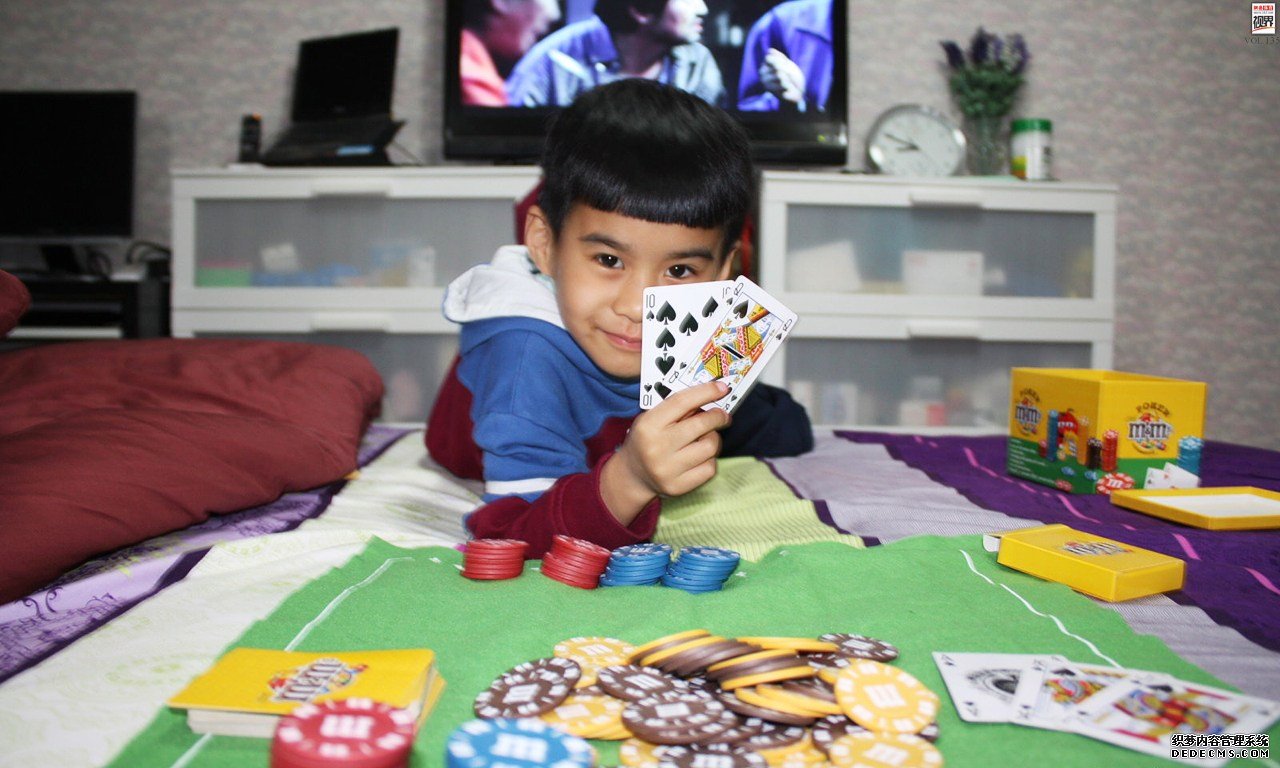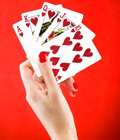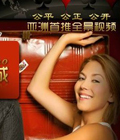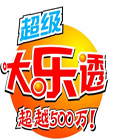电子游戏机在中国举步维艰的原因
电子游戏机在中国属于非法商品,而具有讽刺意味的是几乎世界上所有的游戏机,包括Wii、XB360、PS3、DS、PSP都是在中国进行生产和完成组装。那里有着蓬勃生长的电脑游戏市场,但对于专门的游戏主机来说仍是一片不毛之地。
“自2000年起政府就对游戏机下达了禁令。”Niko Partners的市场调研员Lisa Hanson告诉媒体,“政府认为保护该国游戏产业的最好办法就是利用家长想要保护自己孩子健康成长的心态制定政策。”但次年网游市场的爆发性增长将市场规模扩大到了1亿美元左右,“所以禁令事实上并未解决问题。”
中国文化部会同其他主管部门于2000年下发了打击整治经营性电子游戏场所的通知,顺带在第六条规定,任何企业、个人不得再从事面向国内的电子游戏设备及其零、附件的生产、销售活动。
随后,即插即用的“神游机(iQue Player)”成为首款合法上市的游戏主机。这是任天堂专门针对中国大陆的特殊市场推出的N64改良版主机,在借助了总部设在美国加州的AiLive公司(任天堂Wii MotionPlus的联合研发公司)联合创始人颜维群的华裔背景后,终于得以在中国大陆合法推出。 这款机器售价60美元,玩家可以在上面玩到诸如《超级马里奥64》、《塞尔达传说 时光之笛》、《任天堂明星大乱斗》这样的经典作品。需要购买游戏时玩家则需要前往当地的授权零售商处,付费后将游戏下载到一块64MB容量大小的闪存记忆卡中。回家插上电源就可以直接玩耍,游戏主机和手柄已是完全一体化。
“我们的目标是面向日本、美国和欧洲的发达市场推出成熟的游戏主机。”任天堂总裁岩田聪2003年曾表示,“但考虑到中国市场的经济发展不平衡,内地玩家的收入远不如沿海发达地区的玩家,所以我们才会认为需要提供一部物美价廉的主机。”在日本,合法的游戏机销售通常还包括游戏软件在内,但是在中国,疯狂的盗版则毁了这一切,神游机及其软件的销售模式因此非常独特。
说到盗版软件,这在中国可是一个大问题,这也是为什么许多游戏公司不愿进入中国市场的主要原因——但这并不能成为取缔游戏机的借口。任天堂随后于2009年12月在中国合法推出了DSi,但行货Wii仍是迟迟不见动静。
同样,索尼和微软也都打算推出各自的游戏机产品,这两家公司都在香港设立了子公司,甚至索尼还在香港机场设立了PS3展示区——但PS2遭遇的一切至今让索尼记忆犹新。对于游戏机的禁令确实存在,但并非严格的执行。水货和盗版遍布中国,在这种情况下索尼于2004年1月推出了合法的行货PS2。但索尼并不指望通过这赚钱,他们更想树立起公司的游戏机品牌形象。
最终,代替Wii出现在市场上的是一个叫做Vii的山寨主机,里面内置了一些肤浅的体感游戏。而索尼的PS3则被彻底拒之于国门外,这个国家盛行山寨硬件和盗版软件,甚至连网吧都会提供游戏机及其软件的模拟器程序。
至今,被取缔了的游戏机在中国仍是通过灰色市场进行着非法销售。Lisa Hanson指出,许多玩家购机时都会同时改装机器以便能运行盗版软件。因为PS3无法盗版,所以它在当地的市场份额是三款主机中最低的。
由于目前没有一个主管部门对游戏机有着明确的管理职责,所以这项禁令何时取消仍不得而知,政府也陷入了两难的境地。Lisa Hanson预计文化部最有可能获得这一主管权限,不过在此之前,中国仍将继续着以水货为主导,盗版为龙头的游戏机产业。
而微软最近活动频频,其在华高管一再重申有意引进行货XB360和Kinect——因为中国已同意于明年春季前进一步对美开放娱乐产品市场——受此政策影响,微软嗅到了入华的绝好时机,而国产厂商不得不匆忙推出类似的产品抢占市场。
明年春季,将是一个观察中国游戏机市场动向变化的好机会。
译文:
Video game consoles are illegal in China. Ironically, the Wii, the PS3 and the Xbox 360 are Chinese-made. And there is a flourishing PC gaming culture. There has to be a reason for this ban. Turns out, there is.
“Plug ‘n’ play consoles became a legal alternative to the banned home consoles. Nintendo released the iQue Player, a console it developed with software developer Wei Yen, whose California-based company AiLive co-created the Wii MotionPlus. The iQue Player was priced at US$60, and it is not a pure plug ‘n’ play per se. Players can play Nintendo 64 games like Super Mario 64, The Legend of Zelda: Ocarina of Time, and Super Smash Bros. that were specifically ported to the system. To get new games, players go to their local game retailer, where they can download more games onto a 64MB flash memory card. The cartridge is slotted directly into the controller, which houses the console.
“We have targeted people in developed countries such as Japan, the US and Europe with sophisticated machines,” Nintendo president Satoru Iwata said back in 2003. “To reach a wide range of people in China, especially those inland who are not as rich as those in coastal areas, we thought we needed to deliver a cheaper console.” And to legally sell a video game console in Japan, it had to sell something that not only didn’t quite look like a video game console and couldn’t be pirated to Timbuktu and back. (That’s not to say the iQue Player is piracy free!)Consoles have been banned in China since the year 2000,” Lisa Hanson from market researcher Niko Partners tells Kotaku. “The government thought that was the best way to protect Chinese youth from wasting their minds on video games, after a parental outcry.” The following year, online gaming exploded, and the market size hit $US100 million. So the ban, Hanson says, “didn’t stop the ‘problem’。”
A recent article on Chinese news site Sina.com points out, “In June 2000, the Ministry of Culture issued a notice, forbidding any company or individual to produce and sell electronic game equipment and accessories to China.”
Software piracy is a huge problem in China, and that might be why game company are hesitant to enter the Chinese market, but it’s not why video game have been outlawed. Nintendo legally released its portable Nintendo DSi in Chinese stores in December 2009. Nintendo has yet to release its Nintendo Wii in mainland China.
Likewise, neither Sony nor Microsoft have released their consoles in the mainland. Sony and Microsoft, however, do have a Hong Kong branches and have released their home consoles in that territory. Heck, there are even PS3 demo units at the Hong Kong airport. Sony might still be smarting to what happened to the PS2.
The console ban does exist on paper, but it is not strictly enforced. Piracy, on the other hand, is doing more to keep game consoles out of China than any government edict ever could. Sony released the PlayStation 2 in China in January 2004. The launch was a disaster with rampant game piracy and of the hardware itself. While it wasn’t exactly the financial success Sony might have been hoping for, it did built a brand name for the company. Nintendo’s Wii has been copied by a Chinese company and released as the “Vii”, a game system that runs preloaded motion controlled games. Sony’s PS3 has been knocked off as “The Winner”。 Pirated versions of console and PC games are prevalent. There are also cafes that offer players the chance to play video game consoles.
Game consoles do make their way into China through the grey market, where they are bought and sold illegally. Hanson at Niko Partners points out that gamers get their grey market consoles modded so they can play pirated games for either free or on the cheap. “The PS3 is hard to play pirated games on,” says Hanson, “so it has the lowest share of the three brands.”
There is no regulatory body to oversee video game consoles, creating a bureaucratic quagmire for the ban. Hanson, however, speculates that the Ministry of Culture might eventually get that role. Since there is no body to monitor the game consoles, there is no governmental body to determine whether or not to overturn the ban on consoles, creating a Catch-22. Until then, expect grey market sales will continue to dominate, if anything out of necessity.
- 上一篇:工作与游戏有何关联
- 下一篇:玩游戏与大脑智力的关系
相关推荐
随机专题



 您现在的位置:
您现在的位置: 
 德州扑克四二法则
德州扑克四二法则 掌握德州扑克技巧三大要点快速赚钱
掌握德州扑克技巧三大要点快速赚钱 百家乐高手透露战胜百家乐五点
百家乐高手透露战胜百家乐五点 超级大乐透投注技巧教您如何合理运用资本
超级大乐透投注技巧教您如何合理运用资本


